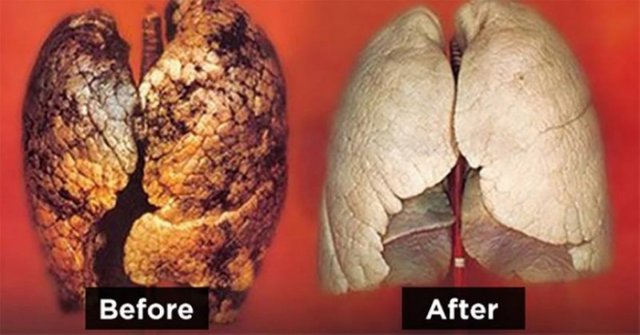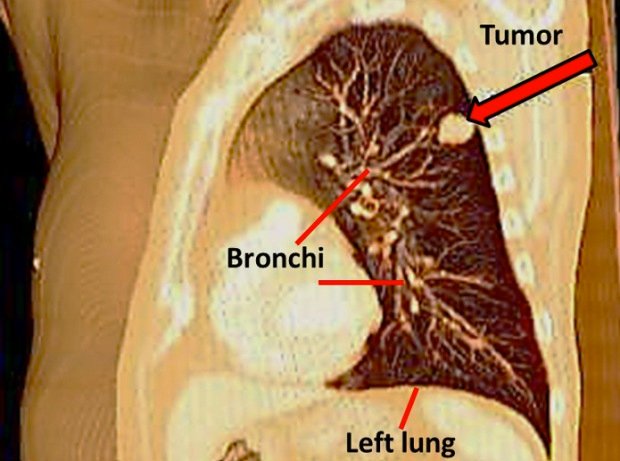How Chronic Stress Affects Neural Circuitry
By Brain & Behavior Research Foundation staff
Chronic (stress) alters neural circuits in the brain, increasing the risk of depression and anxiety. According to animal studies reported in the January issue of the journal Biological Psychiatry, some of these changes are mediated by the immune cells that reside in the brain.
Stress
Stress generally refers to two things: the psychological perception of pressure, on the one hand, and the body's response to it, on the other, which involves multiple systems, from metabolism to muscles to memory. Through hormonal signaling, the perception of danger sets off an automatic response system, known as the fight-or-flight response, that prepares all animals to meet a challenge or flee from it. A stressful event —whether an external phenomenon like the sudden appearance of a snake on your path or an internal event like fear of losing your job when the boss yells at you—triggers a cascade of hormones, including adrenaline and cortisol, that surge through the body, speeding heartbeat and the circulation of blood, mobilizing fat and sugar for fast energy, focusing attention, preparing muscles for action, and more. It generally takes some time for the body to calm down after the stress response has been triggered.
Lifesaving as the stress response is, it was meant to solve short-term, life-threatening problems, not extended difficulties such as daily traffic jams or marital problems. Prolonged or repeated arousal of the stress response, a characteristic of modern life, can have harmful physical and psychological effects, including heart disease and depression.
Over the last few decades, a rising tide of studies has demonstrated the value of regularly engaging in activities that blunt the stress response, from meditation to yoga to strenuous physical activity. Since the stress response begins in the brain with the perception of stress, researchers are now looking into what may be a most basic, and effective, way to defuse stress—by changing perception of certain types of situations so that they are not seen as stressful in the first place. Studies show that helping people see certain experiences—such as final exams—as demanding rather than dire, protects them from the negative effects of stress while delivering its positive effects, especially focused attention and speedier information processing. Changing the stress mindset not only minimizes the effects of stress, studies show, it enhances performance and productivity.

source wikimedia commons
Neuroscience
The human brain has been called the most complex object in the known universe, and in many ways it's the final frontier of science. A hundred billion neurons, close to a quadrillion connections between them, and we don't even fully understand a single cell.
- Neuroscience aims to understand how a person arises out of a clump of squishy matter. It's where psychology meets biology. And with new tools at our disposal—computer simulations, medical imaging—we double our knowledge every decade. Roll up your sleeves and poke around.
What Is Depression?
In its ongoing attempts to define, understand, and categorize disorders, and determine the best treatments, the medical specialty of psychiatry is always up against the protean complexity of the human brain. Both biological factors and environmental factors contribute to symptoms of distress, and the role each plays varies from person to person. Both psychotherapy and drugs are effective for most psychiatric disorders, and often a combination of the two works best, although the effects kick in on different timetables.
What is Psychiatry?
In its ongoing attempts to define, understand, and categorize disorders, and determine the best treatments, the medical specialty of psychiatry is always up against the protean complexity of the human brain. Both biological factors and environmental factors contribute to symptoms of distress, and the role each plays varies from person to person. Both psychotherapy and drugs are effective for most psychiatric disorders, and often a combination of the two works best, although the effects kick in on different timetables.
The brain’s resident immune cells are called microglia. They are responsible for fending off infections, but this is not their only role. They also help build and remodel neural circuits. Such activity is constantly going on in the brain. In the current study, researchers led by Ronald S. Duman, Ph.D., a 2005 Distinguished Investigator at Yale University, investigated what happens to the brain’s microglia under conditions of chronic stress. Dr. Duman was also a 1997 Independent Investigator, 1989 Young Investigator, and the 2002 Nola Maddox Falcone Prizewinner. Eric S. Wohleb, Ph.D., a 2016 Young Investigator, is first author of the paper and initiated these studies as a postdoctoral scholar in the laboratory of Dr. Duman. Dr. Wohleb is currently at the University of Cincinnati College of Medicine.
They conducted their studies in mice, intermittently exposing the animals to stressful conditions over a few weeks, then examining the impact on their brains. As expected, the treatment provoked (anxiety) and depression-like behaviors in the mice.
What Is Anxiety?
Anxiety, or extreme apprehension and worry, is a normal reaction to stressful situations. But in some cases, it becomes excessive and can cause sufferers to dread everyday situations.
This type of steady, all-over anxiety is called Generalized Anxiety Disorder. Other anxiety-related disorders include panic attacks—severe episodes of anxiety which happen in response to specific triggers—and obsessive-compulsive disorder, which is marked by persistent intrusive thoughts or compulsions to carry out specific behaviors (such as hand-washing).
Anxiety so frequently co-occurs with depression that the two are thought to be twin faces of one disorder. Like depression, it strikes twice as many females as males.
Generally, anxiety arises first, often during childhood. Evidence suggests that both biology and environment can contribute to the disorder. Some people may have a genetic predisposition to anxiety; however, this does not make development of the condition inevitable. Early traumatic experiences can also reset the body’s normal fear-processing system so that it is hyper-reactive to stress.
The exaggerated worries and expectations of negative outcomes in unknown situations that typify anxiety are often accompanied by physical symptoms. These include muscle tension, headaches, stomach cramps, and frequent urination. Behavioral therapies, with or without medication to control symptoms, have proved highly effective against anxiety, especially in children.
The team’s experiments showed that under conditions of stress, neurons in the brain’s prefrontal cortex—a region involved in complex functions such as decision making and social behavior—produce a signal that triggers microglia to begin remodeling neural circuits. As a result of these functional changes in microglia, neurons in the prefrontal cortex lose a portion of their synaptic connections. This is important because limited connectivity in the prefrontal cortex has been linked to major depression in clinical studies.
All About Teamwork
- Let's work together: On the playing field, at the office, and at home. Just watch the point guard running a basketball team's offense, he can't do it without his teammates. Plus, raising children needs cooperation and a fair share of the workload. Humans are social animals, and civilization is the result of a pooled effort. It pays to figure out what got us here, and how we can continue to join forces going forward.

source wikimedia commons
Chocolate or strawberry? Life or death? We make so many quick decisions unconsciously; others we agonize over. We choose actions and form opinions via mental processes which are influenced by biases, reason, emotions, and memories. Some question whether we really even have free will; others believe it is well within our power to make choices that will lead to our greater well-being. Here's a reading list to tackle while you're on that fence.
The research team found that when they prevented neurons from producing their microglia-stimulating signal, mice exposed to chronic stress did not develop signs of anxiety or depression. The finding suggests that interrupting stress-induced signaling between neurons and microglia might be a way to treat anxiety and depression in patients.

good post my friends :)